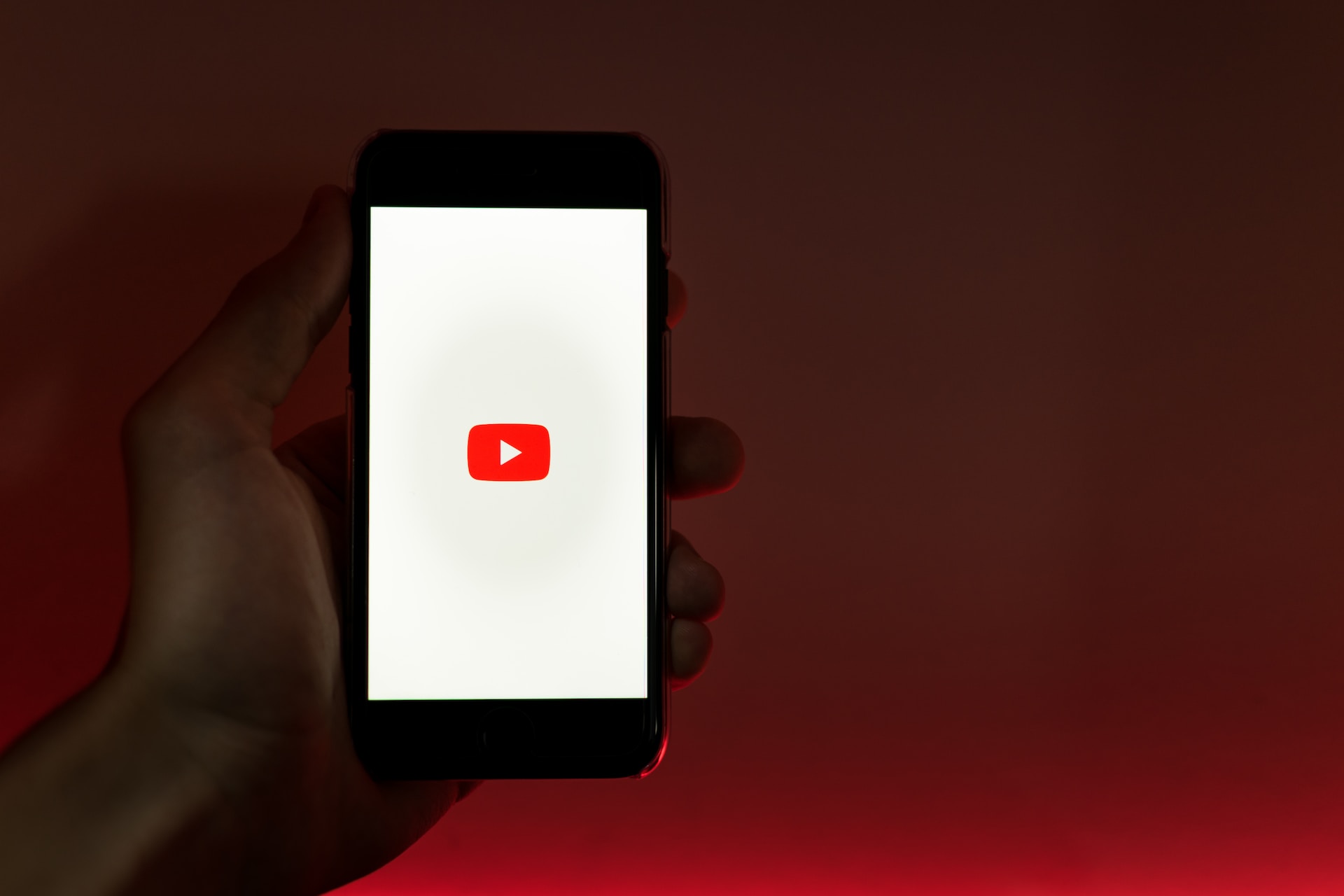Introduction
YouTube has recently made a controversial announcement, stating that it will no longer remove videos that deny the results of the 2020 US election. This decision has ignited a wave of discussion and debate, with many questioning the platform’s approach to handling misleading content. This article examines the implications of YouTube’s policy change and explores the potential consequences it may have on the platform and its users.
YouTube’s Rationale for the Decision
Upholding Freedom of Speech
YouTube’s decision to stop removing videos that deny the 2020 US election result is rooted in the principle of freedom of speech. The platform aims to provide an open space for diverse opinions and viewpoints, even if they challenge widely accepted narratives. By allowing controversial content, YouTube believes it can foster healthy debates and encourage critical thinking among its users.
Encouraging Transparency and Discourse
The decision also reflects YouTube’s commitment to transparency and promoting open discourse. By allowing videos that deny the election result to remain on the platform, YouTube aims to create an environment where different perspectives can be shared and discussed openly. This approach is based on the belief that robust debates contribute to a well-informed society.
Implications of YouTube’s Policy Change
Impact on Information Accuracy
Allowing videos that deny the election result to circulate on YouTube raises concerns about the accuracy of information available to users. Misleading narratives and conspiracy theories can undermine public trust in the democratic process and contribute to the spread of misinformation. YouTube will need to address these challenges by implementing effective fact-checking measures and providing accurate context alongside controversial content.
Influence on Public Opinion
The presence of election result denial videos on YouTube has the potential to influence public opinion and shape individuals’ beliefs. Viewers exposed to such content may be swayed by misleading information, leading to a distorted understanding of the election outcome. It is crucial for YouTube users to critically evaluate the information they encounter and seek out reliable sources to maintain a well-rounded perspective.
Responsibility and Content Moderation
YouTube’s decision places a significant responsibility on the platform to effectively moderate controversial content. Striking the right balance between freedom of speech and preventing the spread of misinformation is a complex challenge. YouTube must ensure that it maintains clear community guidelines and enforces them consistently to safeguard the platform’s integrity and protect users from harmful or misleading content.
User Experience and Platform Reputation
Varied User Reactions
YouTube’s policy change will elicit a range of reactions from its user base. Some users may view it as a positive step toward preserving free speech and encouraging diverse perspectives. Others, however, may express concerns about the potential consequences of allowing misleading content to thrive. YouTube should actively engage with user feedback and concerns to improve the platform’s user experience.
Impact on Platform Reputation
The decision to allow election result denial videos may impact YouTube’s reputation as a reliable source of information. Users may question the platform’s commitment to combating misinformation and may turn to alternative sources for accurate news. YouTube must be transparent about its content moderation practices, work to counterbalance misleading narratives, and uphold its reputation as a credible platform for information sharing.
Conclusion
YouTube’s announcement to stop removing videos that deny the results of the 2020 US election has sparked intense debate and raised concerns about the spread of misinformation. While the decision aligns with the platform’s commitment to freedom of speech and open discourse, it also raises questions about information accuracy and user vulnerability to misleading content. YouTube must navigate these challenges responsibly, implementing effective content moderation practices and empowering users to critically evaluate the information they encounter.




